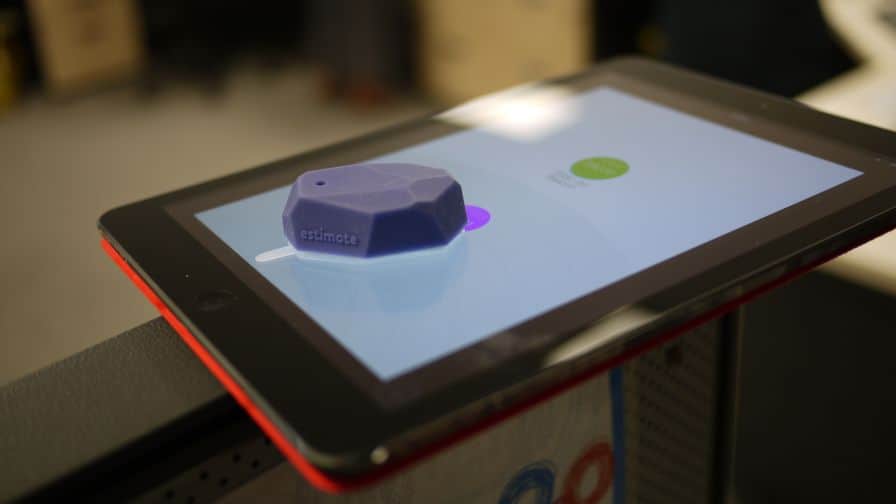With so many big organisations forming ties to the iBeacon, the announcement that Google has launched its first batch of software for the Bluetooth Low Energy (BLE) devices should be of little surprise.
Last night saw the company celebrate a launch for Eddystone, an open source “frame format” which BLE developers can use to target smartphones near to an iBeacon device.
The iBeacon emits Bluetooth signals to track mobile users around shopping centres, stores, concert venues and other places of interest. For retailers, the real potential is in notifying customers of deals and product availability via a BLE-linked app, so long as they’ve sought consent via the program in question.
Google is set to compete for the attention of developers with an Eddystone-branded set of open standards and software interfaces and will duly receive competition from fellow tech giant Apple, which gave the iBeacon a debut in its stores back in 2013.
Apple’s attention to the BLE device has waned, however, and there is certainly room for a software provider to become the go-to source for iBeacon framework.
Good signals
While many developers around Europe and the US have been quick to launch their iBeacon networks with the current list of software, the big takeaway from Google’s announcement, and perhaps the best thing Eddystone has going for it initially, is its open nature.
Apple’s own standard for the iBeacon has come under fire of late due to it only working with new members of the ‘i’ family – the iPhone and so on.
As iBeacons have entered the mainstream with usage from groups as big as Transport for London, discount provider RetailMeNot and US department store Macy’s, Apple has lost ground in the software stakes by only allowing targeting for users of its own devices.
Google’s program, named after the Eddystone Lighthouse in the UK, offers cross-platform support and compatibility with Android and iOS devices, which automatically gives it a flexible edge over its Apple rival.
A welcomed upgrade?
Another interesting spec from Eddystone, now available via GitHub to anyone using it under the Apache 2.0 license, is a “frame format” that support multiple types of data payloads.
While talk of the Internet of Things (IoT) has reverberated around the boardrooms of major companies, many have touted iBeacons as one of the key devices to enabling a connected universe.
The biggest thing going for Google’s highly flexible BLE standard is its ability to listen for things beyond the Universally Unique Identifier signal favoured by Apple.
Like its aged competitor, Eddystone can look into the user’s location via the UUID, whilst also using extra features like URL distribution and even iBeacon maintenance to revamp the current model.
With Eddystone awaiting any sort of certification and guidelines for usage, other than its technical capabilities, there now appears to be a window of opportunity for network developers and retailers to show how far ahead of the IoT curve they really are.

